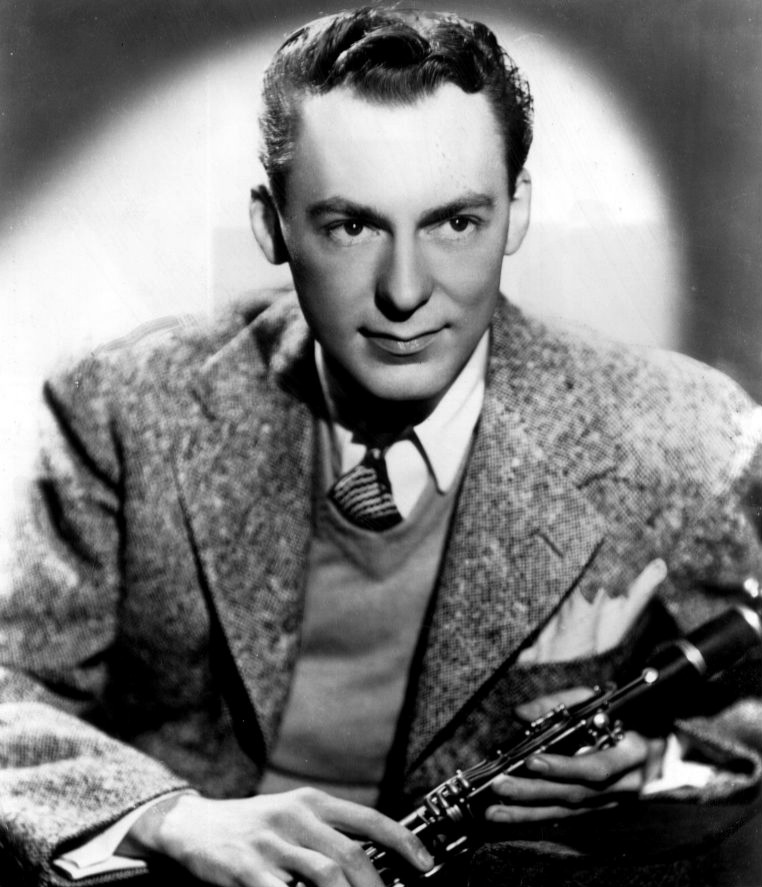
By Dennis D. Rooney
Lynn University’s music conservatory inaugurated its 2018-19 series of concerts Sept. 8 in it its usual fashion, with a concert by its wind ensemble.
“Crossover Concerti” was the title of the program, entirely devoted to concertos for woodwind and brass. Five composers were represented, four of them born between 1946 and 1973. The fifth was Igor Stravinsky (1882-1971), whose Ebony Concerto, which opened the program’s second half, was premiered in the same year as Dana Wilson was born. His 2004 work, The Avatar, opened the program.
The soloist was bassoonist John Isaac Roles, currently working on his Professional Performance Certificate at Lynn. Each of the work’s three movements depicts an avatar of Vishnu, viz. Krishna, Kalki and Juggernaut. The solo bassoon is variously supported throughout its length by clarinet, trombone, piano and percussion. Despite a rather dry tone, Roles performed fluently and gave full value to the occasional microtones.
Flutist Timothy Fernando, another Lynn student, was heard next in Mike Mower’s 2005 Concerto for Flute and Wind Ensemble. A British composer born in 1958 and trained as a flutist, Mower has extensive experience writing for bands, His program note mentions how he was led to regard the wind ensemble as containing the nucleus of a Big Band and his cultivation of the style in this three-movement work.
Fernando displayed a beautiful tone and possessed excellent articulation. His confident performance fulfilled the composer’s desire to always make the solo instrument heard within the changing textures of the ensemble. The first movement was appropriately lively. The middle movement offered contrasting colors of clarinet, trombone, bassoon and contrabassoon. The finale was an extroverted emulation of show band style.
The Ebony Concerto was a commission Stravinsky received in 1945 from the clarinetist Woody Herman, whose band was known as
The Herd. It was completed at the end of that year and had its first performance in Carnegie Hall. Stravinsky conducted the 1946 Columbia recording, which initially appeared on a 12-inch 78-rpm disc. As the three movements take about 11 minutes to play, there had to have been a few cuts to make it fit on the record.
I found it interesting that this 72-year-old work gave the student musicians more trouble than anything else they played. It’s basically in concerto grosso style (despite instruments unknown to Corelli or Vivaldi) but the players responded stiffly and uncertainly to the composer’s rhythms, which demand more rehearsal to achieve a fluent and idiomatic performance. James Abrahamson played the solo clarinet brilliantly.
Michael Edward Brand (b. 1952) is a British arranger, conductor, composer and former BBC producer, after which he concentrated on writing and publishing. His Four Temperaments for Tuba dates from 2001 and was composed for tubist Stephen Sykes. For this performance, the soloist was Steve Campbell, currently principal tuba of the Minnesota Orchestra.
The work consists of a theme and four variations, the second of which evokes a big band. The third has a brass chorale set against the sound of woodwinds. The fourth variation is preceded by a cadenza that display’s the tuba’s full compass, and the coda features double-tonguing from the soloist. There is also a plaintive descending theme that hovered around the Larghetto of Dvořák’s String Serenade, Op. 22 (or possibly Nino Rota’s quotation of it in the music to Fellini’s La Strada). In any event, Campbell’s playing was impressive except for an inability to articulate turns cleanly.
Trombonist John Faieta, who was the soloist in the final work on the program, Harvest: Concerto for Trombone by John Mackey (b. 1973) demonstrated great mastery of his instrument but unfortunately in a vehicle that was largely unattractive. The composer says that the three movements depict aspects of Dionysiac rituals. Only the second, with its trilling woodwinds, was a compelling musical statement; the flanking outer movements were heard by this listener as raucous, occasionally verging on the ugly.
The dedicatee, Joseph Alessi, is the masterly principal of the New York Philharmonic, whose playing in that chair has always been memorable when I heard it. Perhaps he could draw more euphony from it, assuming that he ever played it.
The wind ensemble and its conductor, Kenneth Amis, performed impressively and they inaugurated Lynn’s 2018-19 season of concerts worthily.